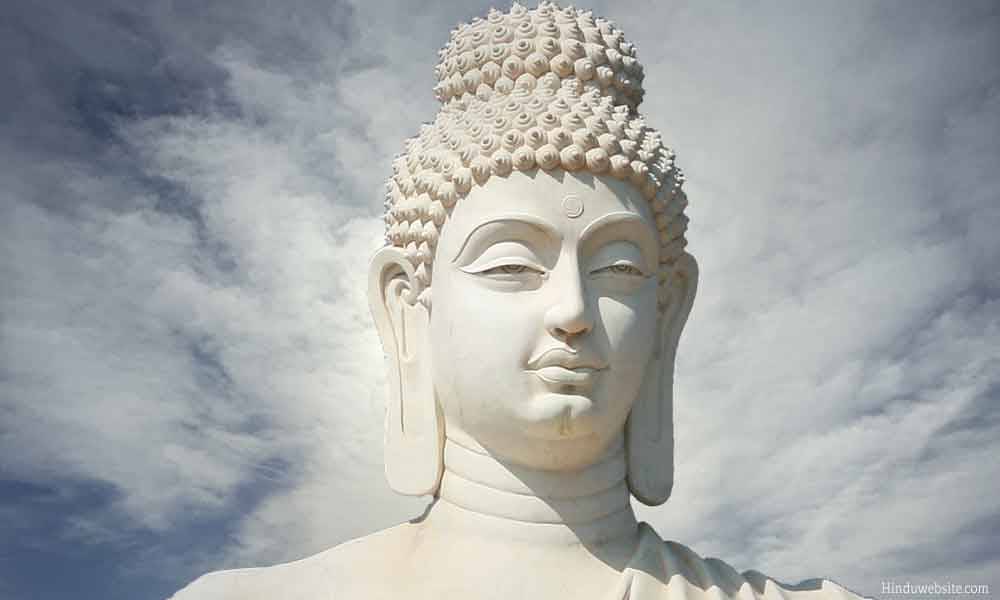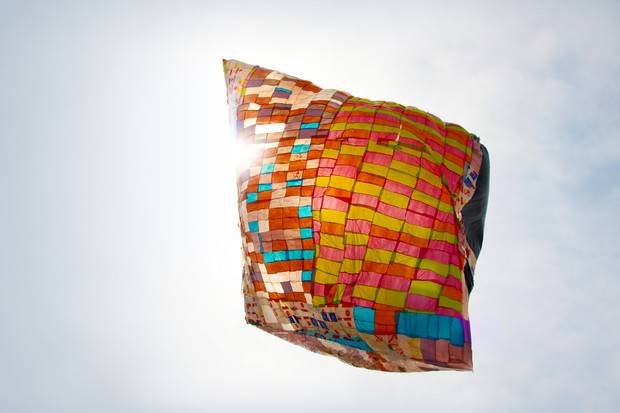Leonard Cohen Narrates the History of 'The Tibetan Book of the Dead'
In this documentary produced by the National Film Board of Canada, Cohen, together with practitioners of Tibetan Buddhism, elucidates what this ancient book does for people who pass away.
The Tibetan Book of the Dead is one of the greatest works to have ever been created by any culture, and it is the most meaningful one in the Buddhist tradition of the West. It is said that book was composed by Padmasambhava, the Indian guru, who introduced Buddhism to Tibet in the eighth century. Like hundreds of his other teachings, the text was supposedly transcribed in a cryptic language and hidden as a sort of “treasure text”, to be discovered in the correct for its transmission. Karma Lingpa, a Terton “seeker of occult teachings”, found it hidden in a Tibetan mountain and, according to legend, he deciphered it in order to be able to orally transmit it to his son. It took several generations for it to finally be transferred onto paper, and it became one of the central teachings within the canon of Tibetan Buddhism.
The first translation into English appeared in 1927, edited by Walter Evans-Wents, a North American theosopher, who found the text during a trip to India. He decided to call it The Tibetan Book of the Dead. Widely speaking, Bardo Thodol, as it is known in Tibet, is a guide for those who have recently passed away, and it was created to be read while the dead are passing through the intervals of one life to the next.
Narrated by Leonard Cohen himself, the series eloquently shows how after someone’s death in the Tibetan tradition, it takes 49 days for them to pass through the “interval” or “bard”. For that entire time, a Buddhist practitioner —usually a loved one— reads a section of the text every day (repeating these three to seven times) in the most personal room for the deceased, usually their bedroom. The body does not necessarily have to be present, since, according to this philosophy, their mind will constantly be visiting their home, especially the first few days.
Everything is explained with great detail in this two part documentary, made in 1994, which gives us an intimate glimpse at the tradition’s death ceremony. The National Film Board of Canada, that produced the series, made the perfect choice by picking Cohen as the narrator. Not only is his deep voice the one you wish would read these texts out loud when you die, but after narrating this documentary, the musician embarked on a spiritual journey that two years later would lead him to become a monk of the Zen Buddhist.
The Tibetan Book of the Dead has always presented one fundamental problem, which is perfectly resolved in the series: the eagerness to compare it to the Egyptian Book of the Dead, which in the words of the Lama Chögyam Trungpa: “is not based on death as such, but in a completely different concept of death”. It is a “Book about space,” Trungpa points out, “which contains birth and death”. This is why it is such an enormous and transcendental text.
This documentary is definitely worth watching and listening to, especially for those who wish to know more about the Bardo Thodol, and, perhaps more importantly, to think about death consciously again.
Related Articles
When ancient rituals became religion
The emergence of religions irreversibly changed the history of humanity. It’s therefore essential to ask when and how did ancient peoples’ rituals become organized systems of thought, each with their
Seven ancient maps of the Americas
A map is not the territory. —Alfred Korzybski Maps are never merely maps. They’re human projections, metaphors in which we find both the geographical and the imaginary. The cases of ghost islands
An artist crochets a perfect skeleton and internal organs
Shanell Papp is a skilled textile and crochet artist. She spent four long months crocheting a life-size skeleton in wool. She then filled it in with the organs of the human body in an act as patient
A musical tribute to maps
A sequence of sounds, rhythms, melodies and silences: music is a most primitive art, the most essential, and the most powerful of all languages. Its capacity is not limited to the (hardly trivial)
The enchantment of 17th-century optics
The sense of sight is perhaps one the imagination’s most prolific masters. That is why humankind has been fascinated and bewitched by optics and their possibilities for centuries. Like the heart, the
Would you found your own micro-nation? These eccentric examples show how easy it can be
Founding a country is, in some ways, a simple task. It is enough to manifest its existence and the motives for creating a new political entity. At least that is what has been demonstrated by the
Wondrous crossings: the galaxy caves of New Zealand
Often, the most extraordinary phenomena are “jealous of themselves” ––and they happen where the human eye cannot enjoy them. However, they can be discovered, and when we do find them we experience a
Think you have strange reading habits? Wait until you've seen how Mcluhan reads
We often forget or neglect to think about the infinite circumstances that are condensed in the acts that we consider habitual. Using a fork to eat, for example, or walking down the street and being
The sky is calling us, a love letter to the cosmos (video)
We once dreamt of open sails and Open seas We once dreamt of new frontiers and New lands Are we still a brave people? We must not forget that the very stars we see nowadays are the same stars and
The sister you always wanted (but made into a crystal chandelier)
Lucas Maassen always wanted to have a sister. And after 36 years he finally procured one, except, as strange as it may sound, in the shape of a chandelier. Maassen, a Dutch designer, asked the










